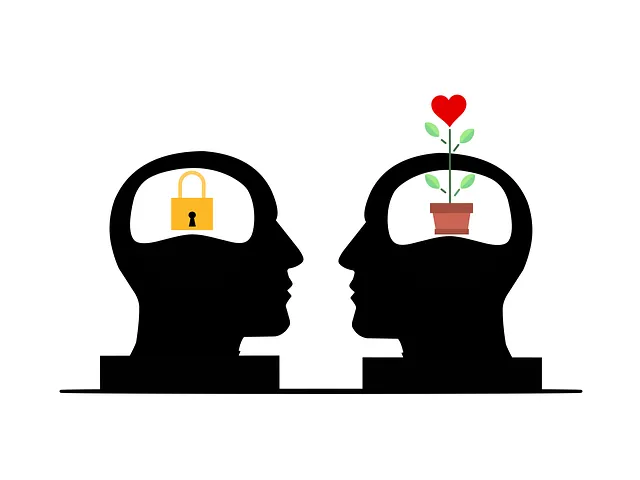Littleton Kaiser Permanente mental health services prioritize social skills training as a key component of holistic therapy, recognizing its impact on overall well-being. By addressing social challenges through various techniques and group settings, individuals with mental health conditions build confidence, improve communication, and form supportive relationships, contributing to enhanced quality of life and effective self-care.
Social skills training plays a pivotal role in managing and improving mental health conditions, especially within the context of Littleton Kaiser Permanente’s mental health services. This article explores the intricate link between social skills and mental wellness, offering practical strategies for enhancing communication in individuals with mental illnesses. Furthermore, it delves into the benefits of group therapy as a powerful tool to build supportive networks, fostering a sense of community and overall well-being.
- Understanding the Link Between Social Skills and Mental Health
- Strategies for Improving Communication in People with Mental Illness
- Role of Group Therapy in Building Social Support Networks
Understanding the Link Between Social Skills and Mental Health

The connection between social skills and mental health is a crucial aspect often overlooked in traditional therapy models. At Littleton Kaiser Permanente mental health services, professionals recognize that an individual’s ability to interact socially can significantly impact their overall well-being. Building and nurturing social skills are essential components of emotional healing processes, especially for those navigating mental health conditions.
Social interactions serve as a form of self-care practice, providing a sense of belonging and support, which is vital for managing symptoms of anxiety relief. Many mental health disorders can isolate individuals, leading to a decline in social proficiency. Through specialized training, individuals learn to navigate social situations with confidence, fostering a sense of community and reducing the impact of loneliness. This approach not only enhances their quality of life but also empowers them to manage their conditions effectively, incorporating healthy social habits into their self-care routines.
Strategies for Improving Communication in People with Mental Illness

People with mental health conditions often face challenges in communication due to symptoms like anxiety, depression, or cognitive impairments. Effective strategies are crucial for improving social interactions and building meaningful connections. One approach involves practicing active listening, where individuals focus on understanding others’ perspectives and respond thoughtfully. This skill can be enhanced through role-playing exercises and receiving feedback from peers or therapists.
Additionally, incorporating stress reduction methods, such as mindfulness techniques and emotional intelligence training, can help regulate emotions during conversations. Compassion cultivation practices have also proven beneficial, encouraging empathy and understanding towards oneself and others. These strategies collectively support individuals in navigating social situations more effectively, fostering healthier relationships, and ultimately improving their overall mental well-being, as highlighted by Littleton Kaiser Permanente’s mental health services.
Role of Group Therapy in Building Social Support Networks

In group therapy settings facilitated by professionals like those at Littleton Kaiser Permanente mental health services, individuals with various mental health conditions come together to share experiences and learn from one another. This collaborative environment is powerful in building social support networks. Through structured discussions led by therapists, participants gain insights into managing their conditions while also forming meaningful connections. The group setting encourages peer-to-peer support, where members can offer encouragement, practical advice, and a sense of belonging, fostering an inclusive atmosphere that enhances recovery.
Furthermore, group therapy sessions provide a safe space for practicing social skills in a controlled environment. Participants learn effective communication techniques, conflict resolution strategies, and ways to initiate and maintain conversations. These interactive exercises not only improve social interactions but also offer valuable coping mechanisms for managing stress. The Stress Management Workshops Organization emphasizes the importance of such group activities in burnout prevention, while mental wellness journaling exercises guided by therapists can help individuals process their experiences and track their progress, ultimately contributing to overall mental wellness.
Social skills training plays a pivotal role in managing and improving mental health conditions, as evidenced by programs offered at Littleton Kaiser Permanente. By understanding the connection between social skills and mental well-being, strategies like communication enhancement and group therapy can foster supportive networks. These initiatives not only empower individuals with mental illnesses but also contribute to their overall recovery and quality of life. Through such comprehensive approaches, organizations like Kaiser Permanente in Littleton are revolutionizing mental health care, ensuring folks receive holistic support tailored to their unique needs.






